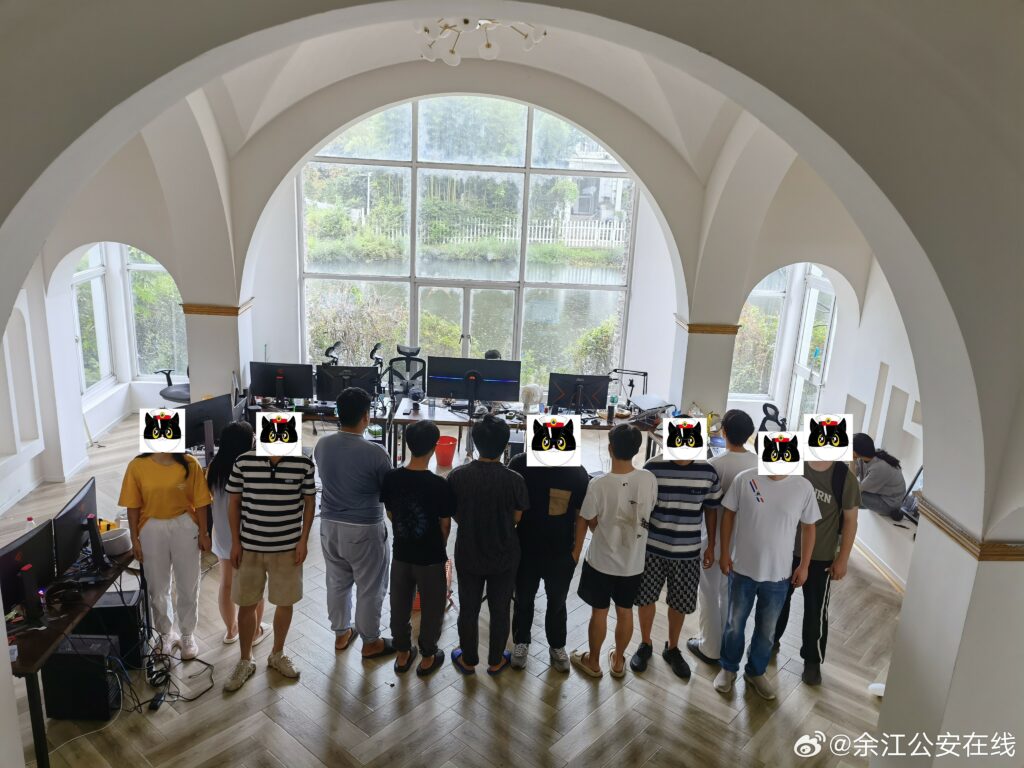Riot Games has finally took a necessary step to combat a new form of cheating which utilized a brand new AI tools marketed at Valorant players. Through its subsidiary in China, Tencent, they started their first crackdown on AI cheating in video games with help from Jiangxi Yujiang Public Security Bureau.
According to latest reports, local police and Tencent worked together for a month on an investigation that led to this arrest. At the time this article was written, the trades that led to this arrest were worth about US$4.1 million. Ten of the criminal suspects who have already admitted to their illegal acts are still being probed.

“After a month of careful management, on September 15, with the assistance of the Tencent Guardian Program security team, the Yujiang Public Security Network Security Brigade, together with the Food and Drug Environmental Investigation and Criminal Investigation Brigade, organized more than 20 police officers to go to Zhejiang, Chongqing.”
“During the network closing operation, 10 suspects were arrested, including 2 “plug-in” program authors and 8 agents. 17 computers, 11 mobile phones, card secret generation programs, plug-in source codes, and other auxiliaries were seized at the scene, along with some hardware and semi-finished hardware,” the Bureau wrote on Weiboo.
Riot Games has been actively working with Tencent’s security, technical, and legal teams to strengthen its defenses against any sort of cheating method and to address actions that jeopardize the game’s integrity. Over the past month, the official record disclosed that more than 770 cheat tools have been detected, which resulted in the banning of more than 39 thousand accounts and over 10 thousand machines due to cheating activities.
This revelation indicates that Riot is making good progress toward its goal of eliminating all kinds of cheating on its platform. As is well known, cheating behavior in Valorant has reached an alarming level, with methods like these being widely bought and sold on the internet and believed to have attracted many consumers from all regions, including Southeast Asia.



